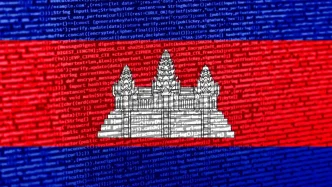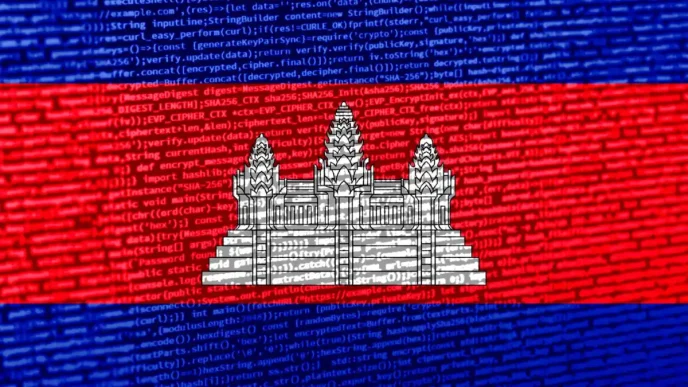The aroma of robusta coffee wafted through the streets of Buon Ma Thuot City in Vietnam’s Central Highlands earlier this month, as the ninth Buon Ma Thuot Coffee Festival welcomed 120,000 domestic and international tourists. Held from 9 to 13 March, the event not only celebrated the region’s world-renowned coffee but also marked the 50th anniversary of the Liberation of Dak Lak Province on 10 March 1975, a significant historical milestone for the area.
Themed “Buon Ma Thuot – World Coffee Destination,” the festival transformed the provincial capital into a vibrant hub of culture, agriculture, and tourism. Visitors immersed themselves in coffee tastings, scenic farm tours, and parades featuring prominent figures like H’Hen Niê, Miss Universe Vietnam 2017 and the festival’s media ambassador. Beyond the brew, the event showcased the rich multi-ethnic heritage of Dak Lak, with traditional elephant rituals, boat races, and folk music performances captivating attendees.
For many, the festival offered a chance to explore Vietnam’s “Coffee Capital,” a reputation built on the region’s red basalt soil and ideal climate for growing robusta beans. Buon Ma Thuot coffee, known for its bold flavour and enticing aroma, has long been a point of pride, with historical records noting its popularity in French coffee shops during the colonial era. Today, it plays a key role in positioning Vietnamese coffee on the global stage.
Tourists like Nguyễn Thảo Nguyên from Ho Chi Minh City, who returned for her second festival, expressed delight at the hospitality and attractions. “I was so impressed by the locals’ friendliness in 2019 that I had to come back,” she said. This time, she planned to visit the World Coffee Museum and Ko Tam Eco-tourism Site, reflecting a common sentiment among visitors to explore beyond the festival itself.
The event’s success also underscored the city’s growing status as a tourism hotspot. Local hotels, from budget guesthouses to five-star establishments, reported full bookings, with the provincial Department of Culture, Sport and Tourism ensuring visitor satisfaction through travel guides and strict oversight of service providers. Tour packages highlighted coffee farms, elephant culture, traditional pottery, and eco-tourism sites, offering a taste of Dak Lak’s diverse appeal—think roasted jungle fowl and cơm lam (sticky rice grilled in bamboo stems) amid stunning landscapes.
Huỳnh Thị Chiến Hoà, deputy secretary of the province’s Communist Party Committee, described the festival as “an outstanding economic and cultural event” for Dak Lak at the opening ceremony. Since its inception in 2005, the biennial festival has become synonymous with the city’s identity, drawing larger crowds with each edition. This year’s addition of a spectacular light drone show was a testament to organisers’ efforts to elevate the experience.
Trần Đức Nhật, deputy chairman of Buon Ma Thuot People’s Committee, outlined ambitious plans to cement the city’s status as a “coffee city of the world.” Beyond boosting production and trade, the administration is innovating with coffee-themed tourism products, renovating public spaces to reflect the region’s staple crop, and preserving cultural heritage to enrich future festivals.
The Buon Ma Thuot Coffee Festival exemplifies how a region’s unique product can drive tourism when paired with a well-executed cultural event. Much like Ninh Thuận’s grapes or Đồng Tháp’s lotus, Dak Lak’s coffee has become a magnet for visitors, weaving together agriculture, history, and tradition. As the city continues to blend its brew with innovative attractions, it seems poised to keep tourists—and coffee lovers—coming back for more.














